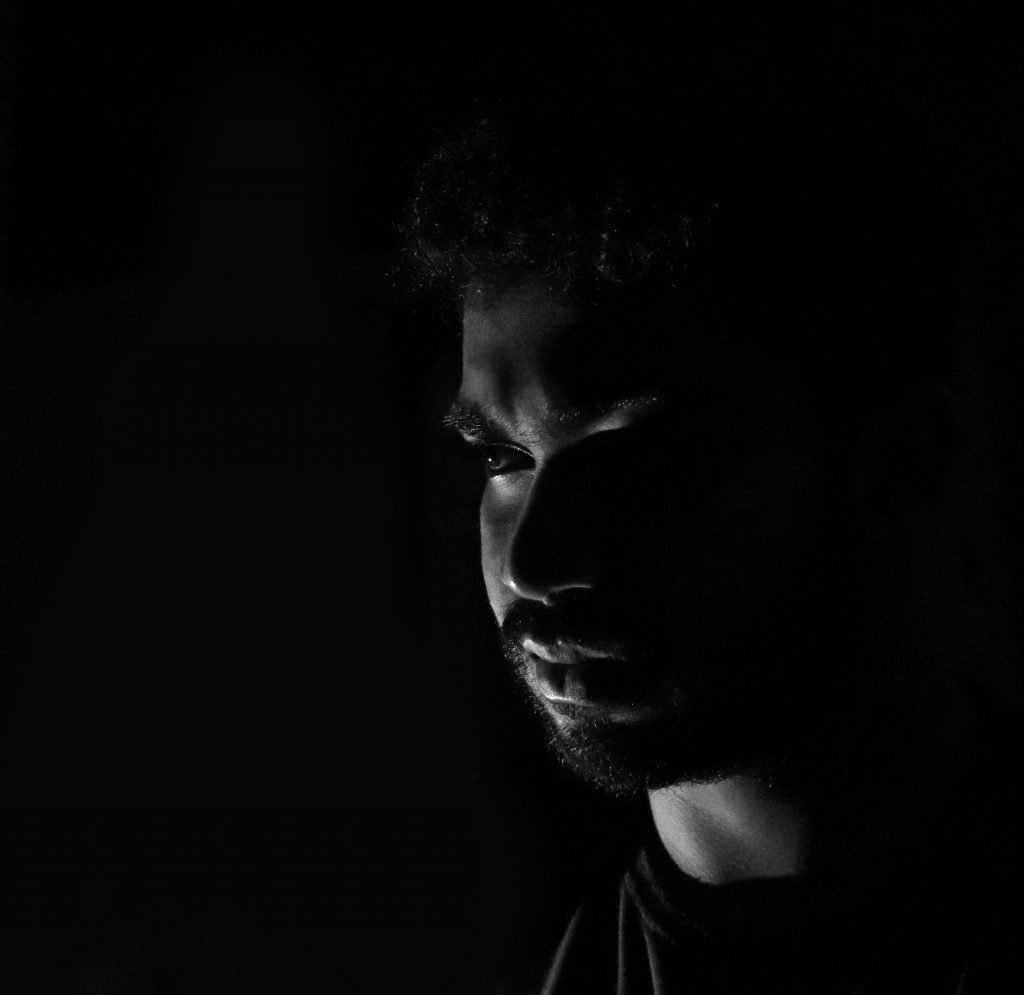In the third Beatitude Jesus’ declares, “Blessed are the meek, for they will inherit the earth” (Matthew 5:5, NRSV).
I have to admit, this is where my eyes typically gloss over and my mind begins to drift while reading the Beatitudes. “Blessed are the meek, for they will inherit the earth,” sounds a whole lot like, “Blessed are the poor in spirit for theirs is the Kingdom of heaven.” It always felt like Jesus said, “Don’t just be humble, be really humble.” Why even bother to put the strange bit about mourning in the middle?
To be fully transparent, it was not until preparing this series that I took the time to actually look at the difference between poverty of spirit and meekness. And that initially happened as I wrestled with the script for the first beatitude and thought, “How on earth am I going to find something to say for each of these?”
What is Meek?
I am over educated. I have done pastoral work for most of the past twenty-five years. It is embarrassing to realize that even in English there is a clear distinction between the humble and meek.
The humility tied to a poverty of spirit speaks about your relationship with God. For some this roots in the distinction between creature and creator. Others would say that even though the divine spark sits in all of us, it can just as easily smolder as burn. Either way, this is about a humbleness in your spirituality.
Meekness on the other hand focuses on the relationship between people. Moreover, meekness does not always appear mild. Rather, someone who is meek, can become intensely angry. However, they get angry for the reason and then direct their anger in the right way, at the right time, for the right amount of time.

Meek Is Not Always Mild
At times I have thought it was hypocritical of Jesus when he flipped over tables in the temple. After all, as I understood the word, that does not demonstrate meekness. However, with the right understanding of what it means to be meek, the temple scene is the embodiment of meek anger.
For the not familiar, in Matthew the scene comes a few days before Jesus‘ arrest and crucifixion. The day begins with Jesus entering Jerusalem on a donkey. It is a symbol of how his way of love undermines the political power of Rome.
Then he goes to the temple to do the same to undermine the religious establishment of the day. He, “drove out all who were selling and buying in the temple, and he overturned the tables of the money changers and the seats of those who sold doves” (Matthew 21:12, NRSV). Then he quotes a verse from Isaiah 56 about turning a place of prayer into a den of robbers.
In other words, the local merchants who were there to provide a service that allowed those from across the known world on a pilgrimage to Jerusalem to obtain animals necessary for sacrifice, were using the laws of supply and demand to exploit the people and enrich themselves.
So Jesus gets angry at the exploitation and directs it towards those doing the exploiting. He does it as masses of pilgrims arrive in Jerusalem for the feast of Passover. Moreover, the very next verse in Matthew has him healing the blind and lame in the Temple. That is the right reason, direction, timing, and duration of meek anger.
Facing Injustice Starts At Home
This stands in stark contrast to the religious Zealots of Jesus’ day who were out to invoke an insurrection. They wanted the people to take up arms and drive Rome out of Israel. According to the historian Josephus, they were essentially militant sect of the Pharisees.
The Pharisees were a religious order in Jesus’ day. They are also the hypocrites who seek to demonstrate their righteousness through their public prayers and grotesque faces while fasting. As a group they were anything but poor in spirit and the religious demands they placed on the people made life even harder. Ultimately, they teamed up with the rest of the religious establishment and Rome to crucify Jesus in order to maintain their power.
If the Zealots practiced meek anger, they would start by examining their own hearts and lives. They would focus on the exploitation within Judaism. By modeling a poverty of spirit they could reach out and comfort those who mourn. But instead, they focused on their own righteousness and sought to drive out the foreign occupier. Moreover, they did so for the wrong reasons, at the wrong time, and for the wrong duration. In the end, their revolution against Rome would lead to the destruction of the Temple in 70 AD. That brought about a second Jewish diasporia. Their lack of meekness literally cost the people of Israel the Promised Land.
The Series
This post is part of an ongoing series. Link here for a list of every episode in this series.